Koštunica announces changes in party
The Democratic Party of Serbia (DSS) has been undergoing internal transformation and personnel renewal, according to its leader Vojislav Koštunica.
Sunday, 09.11.2008.
14:55

The Democratic Party of Serbia (DSS) has been undergoing internal transformation and personnel renewal, according to its leader Vojislav Kostunica. He told Gradjanski List that after the DSS joined the opposition last spring, more space had been created to work on strengthening the party's organizational structure. Kostunica announces changes in party "Since the party has a modern manifesto which envisages and enables us to build and strengthen its bodies, our strategy after the elections is to bring in as many quality and new people as possible," Kostunica said. He reminded that the DSS Political Council was set up, which attracted a number of non-partisan figures who nonetheless wish to contribute to politics, while another council, that dedicated to the economy, was also founded according to a similar principle. "The setting up of the committees, the work of which is closest to that of the state ministries, has the highest importance. The goal is to, in the committees, lead and create the DSS policy for concrete sectors." Kostunica, who headed the government in two mandates in the post-Milosevic Serbia, said that the new cabinet after its first 100 days in office proved to be "incompetent, dependent and irresponsible, misleading the citizens in the crudest possible way, since it failed to live up to a single of its promises". "The no-confidence debate [in parliament] will be a chance for the citizens to learn about the cabinet's dismal performance so far," he announced. Some issues that the DSS plans to raise in the debate, Kostunica continued, include the manner in which Serbia's territorial integrity is being protected, the dinar exchange rate, gas prices, worker layoffs, foreign investment inflow, the reasons for the stalled Horgos-Pozega highway construction, the Russian energy agreement, pension hikes, and the inflation. The DSS leader also believes that the government's announcement that it will unilaterally apply the suspended SAA as of January 1, "can additionally deteriorate and deepen the economic crisis, which could have particularly negative repercussions for agriculture".
Koštunica announces changes in party
"Since the party has a modern manifesto which envisages and enables us to build and strengthen its bodies, our strategy after the elections is to bring in as many quality and new people as possible," Koštunica said.He reminded that the DSS Political Council was set up, which attracted a number of non-partisan figures who nonetheless wish to contribute to politics, while another council, that dedicated to the economy, was also founded according to a similar principle.
"The setting up of the committees, the work of which is closest to that of the state ministries, has the highest importance. The goal is to, in the committees, lead and create the DSS policy for concrete sectors."
Koštunica, who headed the government in two mandates in the post-Milošević Serbia, said that the new cabinet after its first 100 days in office proved to be "incompetent, dependent and irresponsible, misleading the citizens in the crudest possible way, since it failed to live up to a single of its promises".
"The no-confidence debate [in parliament] will be a chance for the citizens to learn about the cabinet's dismal performance so far," he announced.
Some issues that the DSS plans to raise in the debate, Koštunica continued, include the manner in which Serbia's territorial integrity is being protected, the dinar exchange rate, gas prices, worker layoffs, foreign investment inflow, the reasons for the stalled Horgoš-Požega highway construction, the Russian energy agreement, pension hikes, and the inflation.
The DSS leader also believes that the government's announcement that it will unilaterally apply the suspended SAA as of January 1, "can additionally deteriorate and deepen the economic crisis, which could have particularly negative repercussions for agriculture".










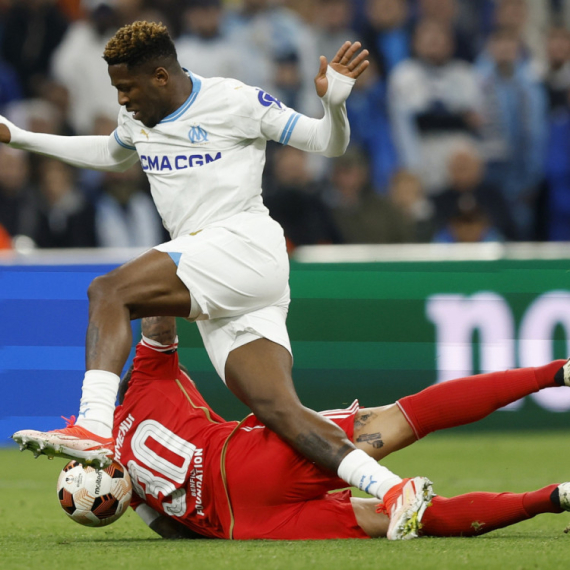

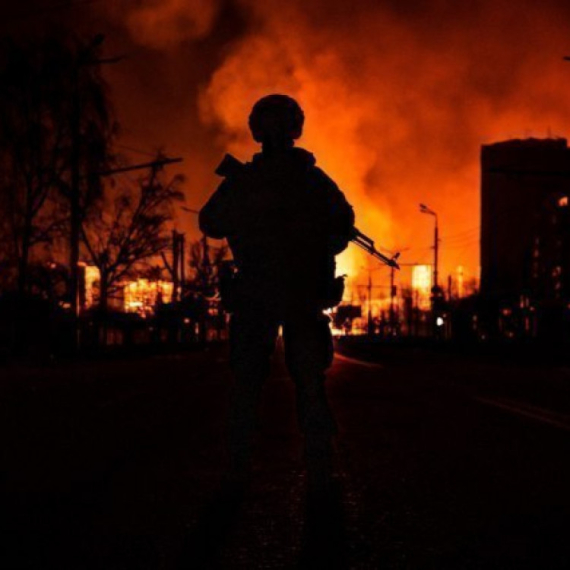
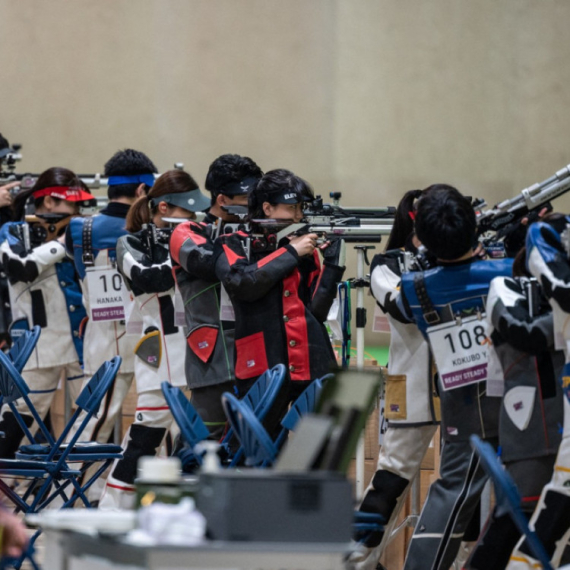
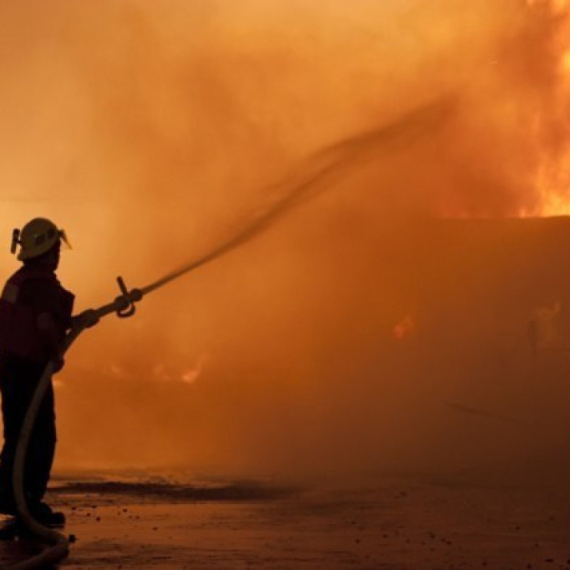
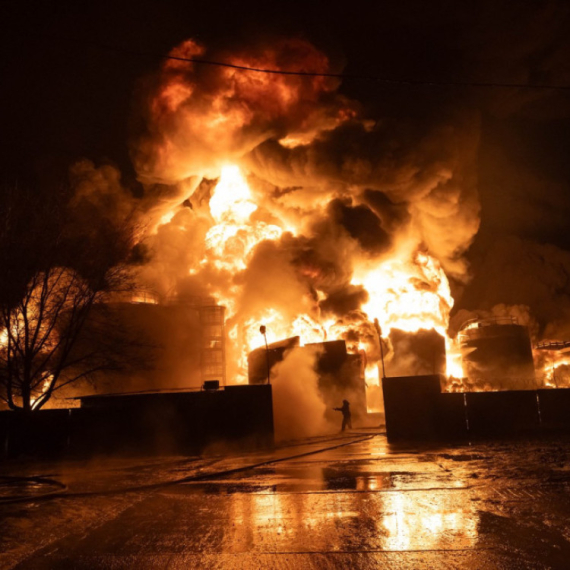
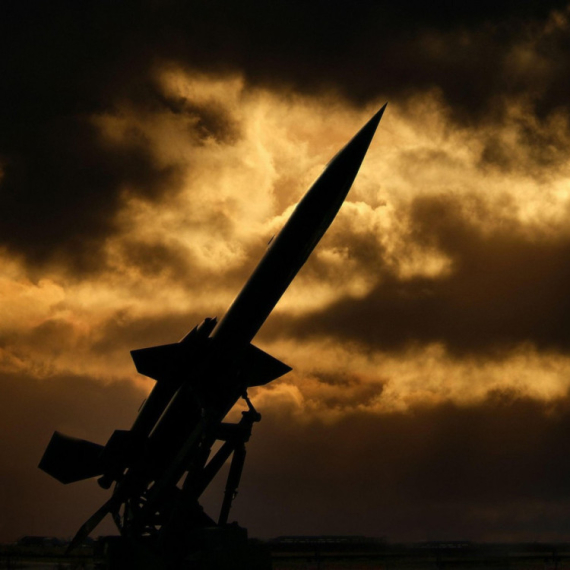









































Komentari 0